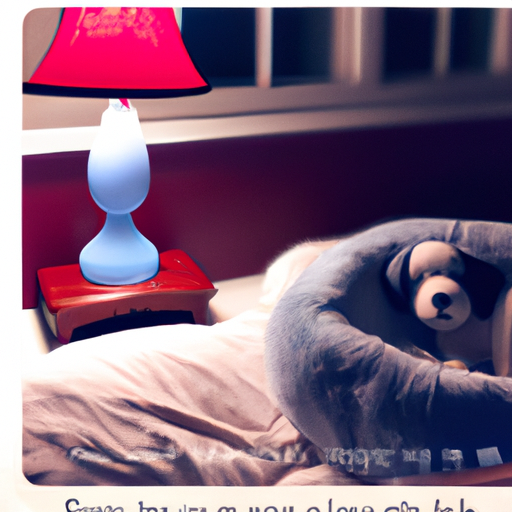As a new puppy parent, you may be wondering, “Where should a puppy sleep the first night?” The answer to this question is crucial as it sets the tone for your puppy’s sleep habits and overall comfort in its new home.
1. Understanding Your Puppy’s Needs
Puppies, much like human babies, need a lot of sleep. With all the exploring and learning they do in their waking hours, it’s no wonder they require rest. Your puppy will need a safe, comfortable, and calm environment to sleep in.
- Temperature: Puppies can’t regulate their body temperatures as efficiently as adult dogs. Your puppy’s sleeping area should be warm but not too hot.
- Quiet Surroundings: A quiet space free from interruptions will aid your puppy’s sleep.
- Comfort: Soft bedding and a cozy surrounding can help your puppy relax and fall asleep.
2. Choosing The Right Space
The best place for your puppy to sleep on the first night depends on your house layout, your lifestyle, and the puppy’s comfort.
- In Your Bedroom: Many experts suggest allowing the puppy to sleep in your room. The scent and presence of the caregiver can provide comfort and reduce anxiety.
- In A Separate Room: If you prefer to keep the puppy in a designated “puppy space,” ensure it’s comfortable, warm, and safe.
3. Preparing The Bed
Your puppy’s bed should be cozy, warm and safe. Here are some tips:
- Use a small dog bed or a puppy-sized crate.
- Place a soft blanket or towel in the bed.
- Consider adding a heating pad for warmth, but make sure it’s safe for pets.
- Add a piece of your clothing for comfort.
4. Setting A Sleep Schedule
Puppies thrive on routine. A consistent bedtime and wake-up time can help regulate your puppy’s internal clock and promote healthy sleep patterns.
- Bedtime: Aim for a bedtime that aligns with your lifestyle.
- Wake-Up Time: Wake your puppy up at the same time each morning.
5. Night-Time Routine
A consistent night-time routine can signal to your puppy that it’s time to sleep.
- Limit water intake close to bedtime to avoid accidents.
- Take your puppy outside for a bathroom break.
- Play a calming game or activity.
- Say goodnight and place your puppy in its bed.
6. Handling Night-Time Anxiety
It’s normal for puppies to feel anxious their first night in a new home. Here are some tips to comfort them:
- Stay Close: Your presence can provide comfort.
- Soothing Sounds: Consider a white noise machine or soft music.
- Patience: It may take a few nights for your puppy to adjust. Be patient and understanding.
7. Common Mistakes To Avoid
Avoid these common mistakes when deciding where your puppy should sleep:
- Inconsistency: Changing your puppy’s sleeping area frequently can lead to confusion.
- Ignoring Cries: If your puppy cries during the night, it may need to go outside. Ignore the cries, and you risk accidents.
- Lack of Comfort: Ensure the sleeping area is comfortable and safe.
8. Frequently Asked Questions
Q: Should I let my puppy sleep in my bed?
A: While it’s a personal choice, most experts recommend against it for safety reasons.
Q: How long will my puppy cry at night?
A: It varies. Some puppies adjust after a few nights, while others may take a week or more.
Q: Can I leave my puppy alone at night?
A: It’s best to stay close to your puppy, especially during the first few nights.
Q: How often does a puppy need to go out at night?
A: Young puppies may need to go out every few hours.
Remember, each puppy is unique. What worked for one may not work for another. Patience, consistency, and love are the key elements to help your puppy adjust to its new home.



